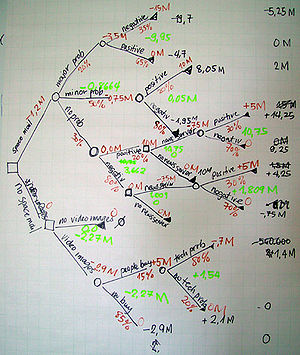If you’ve not ever heard of political scientist Robert Axelrod and his computer modeling of altruism in the early 1980s, immediately go and listen to the podcast of a RadioLab show—public radio’s best hour— entitled “Good.”
Do that now.
Skip to around the 41 minute mark, and you’ll hear the start of Jad and Robert chatting with Axelrod. Aside: Often when I read something interesting, I imagine it spoken in a Robert Krulwich voice to decide if it would make a worthy post.
Anyway, “Good” is the best popular introduction I’ve come across as to why we’ve evolved to be civil to others.Continue reading


